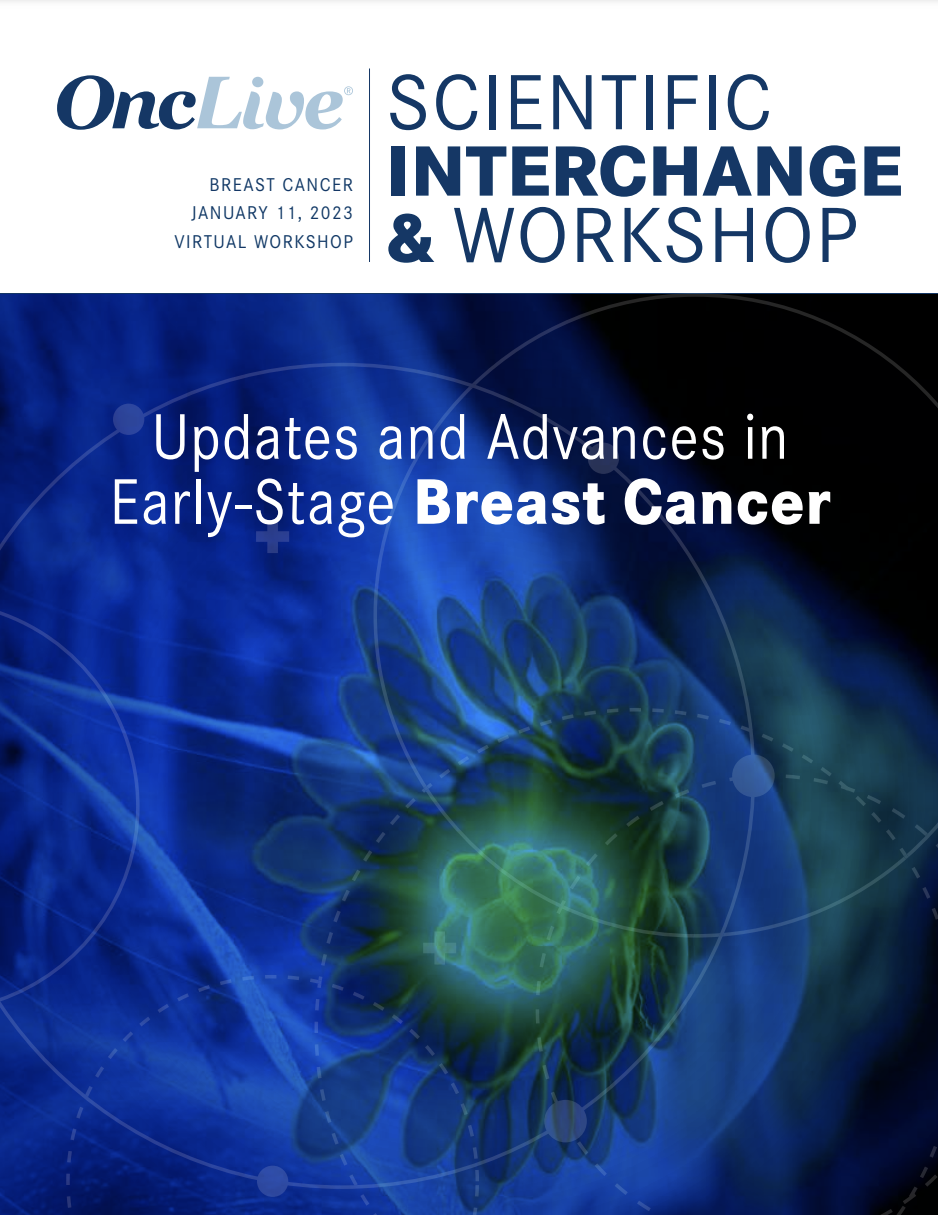Commentary
Video
Dr Oveisi on the Importance of Patient Counseling Prior to CAR T-Cell Therapy in Myeloma
Author(s):
David R. Oveisi, MD, discusses the importance of clear communication with patients prior to administering CAR T-cell therapy for multiple myeloma.
“It's a good idea to counsel patients that [CAR T-cell therapy] is an immune-based treatment, but it doesn't mean that it's free of adverse effects, and it doesn't even mean that it's free from chemotherapy.”
David R. Oveisi, MD, assistant professor, hematology oncology, staff physician, Regenerative Medicine Institute, Cedars-Sinai, discusses the importance of clear communication with patients prior to treatment with CAR T-cell therapy for multiple myeloma.
It is essential for patients to fully understand the process involved in CAR T-cell therapy, Oveisi begins, noting that many patients are surprised to learn that chemotherapy plays a role in this immune-based treatment, which can sometimes deter patients. Clear communication is key; patients need to know that lymphodepleting chemotherapy is necessary to prepare the body for the engineered CAR T cells, he emphasizes. Additionally, they should be aware that adverse effects can arise from both the chemotherapy and the CAR T-cell therapy itself, he notes. The process requires hospitalization and close monitoring, particularly in the initial 30 days post-treatment, Oveisi explains. Understanding a patient’s social circumstances, including their living situation and availability of reliable caregivers, is also crucial to ensuring their safety during recovery, he says.
For community providers treating patients with multiple myeloma, early referral is vital for patients who may benefit from CAR T-cell therapy, Oveisi continues. Patients at high risk for early relapse, either following an autologous transplant or during first-line therapy for transplant-ineligible patients, should ideally be referred before relapse occurs, he says. High-risk relapses are often aggressive and occur over a short period, making early preparation critical, Oveisi emphasizes, noting that establishing contact with a CAR T specialist early allows for necessary groundwork to be completed and the administration of timely treatment when needed.
After transplantation, maintaining consistent follow-up is essential, Oveisi continues. Rather than returning patients to community care entirely, periodic monitoring—at least once or twice a year—can help detect early relapse signs, he states. Collaborative care between transplant specialists and community oncologists fosters a comprehensive approach, enabling timely discussions about treatment options, including transitioning to CAR T-cell therapy before bridging therapy becomes necessary, Oveisi concludes.



















